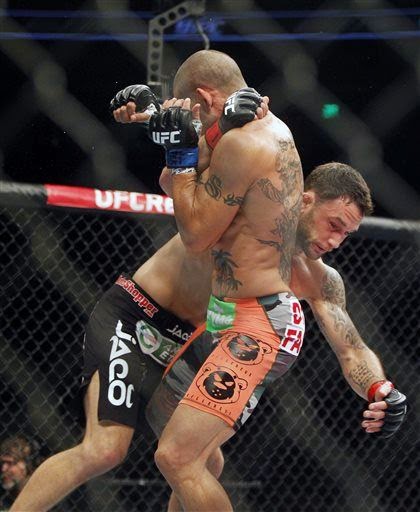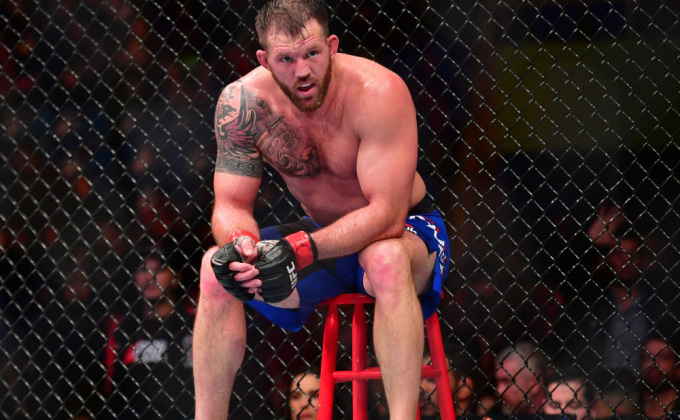“If Ohio State, Alabama, Clemson have them then we are going to have them.”
These were the words spoken by Tom Hermann, new head coach at the University of Texas, and what he was discussing was outside consultants and analysts that high profile teams use to provide them with the extra information, perspective, and insight that often makes the difference between being the best of the best and being the best of the rest. Hermann’s words aren’t a rarity, not in the world of traditional college and professional sports; in fact, this is something that the very best and those who aspire to be the very best do.
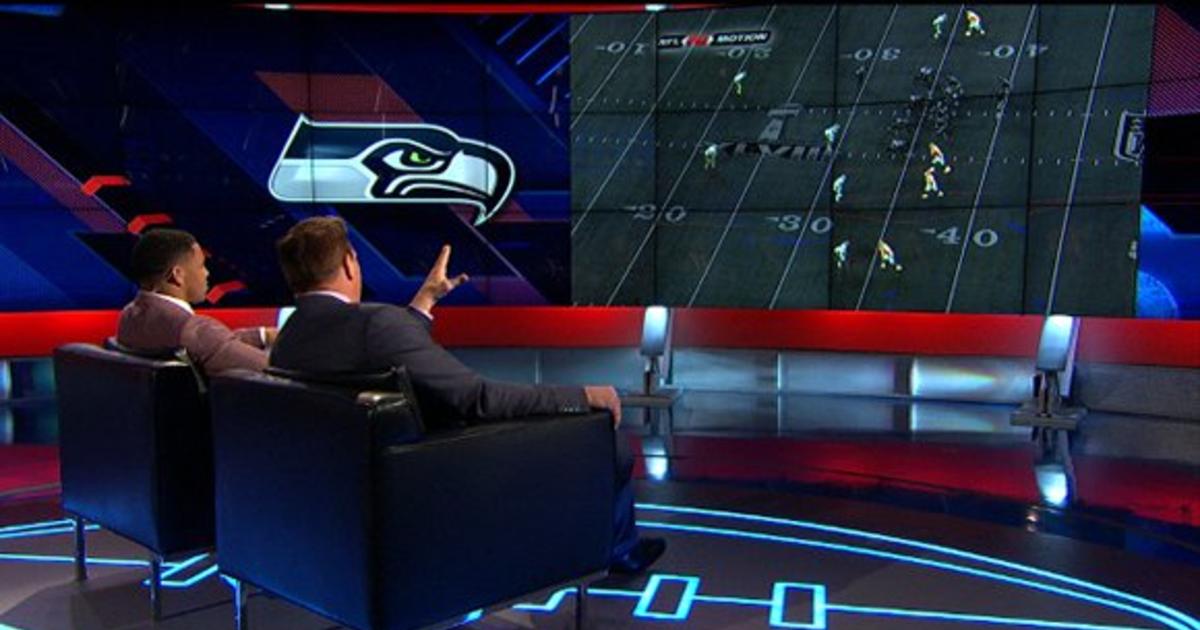
The idea is that information is key, no stone can be left unturned, and no avenue to victory can be overlooked because of the number of people involved, the number of teams involved, and the variety of coaching philosophies, strategies, and techniques. Even the best coaches, backed by the best staff, are bound to miss something crucial, something that can make the difference between greatness and being just another participant. So you see legendary coaches with staffs of hundreds at their fingertips, countless resources, and huge amounts of finances to draw from, and they still look for any and every edge they can find, even if it means using external sources of information to attain that edge. You will find this at almost every level of every traditional sport with the exception of MMA.
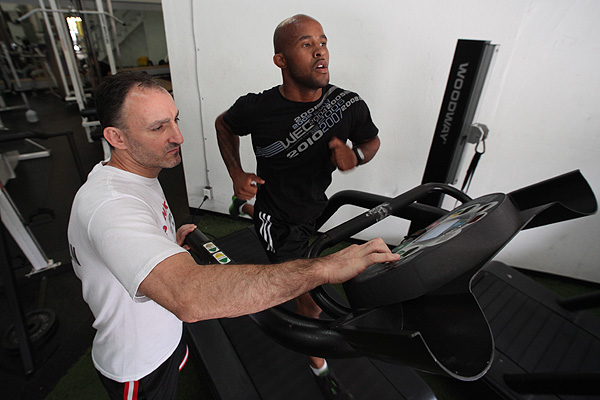
In the sport often touted as the “most diverse, difficult, and dangerous sport an athlete can compete in” — a sport that is defined by its unpredictability, as well as the amount of skills, strategies, coaches, coaching styles, techniques it takes to train and more importantly compete in — mixed martial arts is the one high-profile sport that rarely uses something that almost every other high-level, high-earning sport does. It’s this lack of perspective and information that not only hinders and hurts the careers of MMA fighters individually, but more importantly it harms the consistency and quality of the sport as a whole. This series will discuss the definition and the value of outside consultation/analysis, its pluses and benefits, and the reasons we so rarely see it in the” fastest growing sport in the world.”
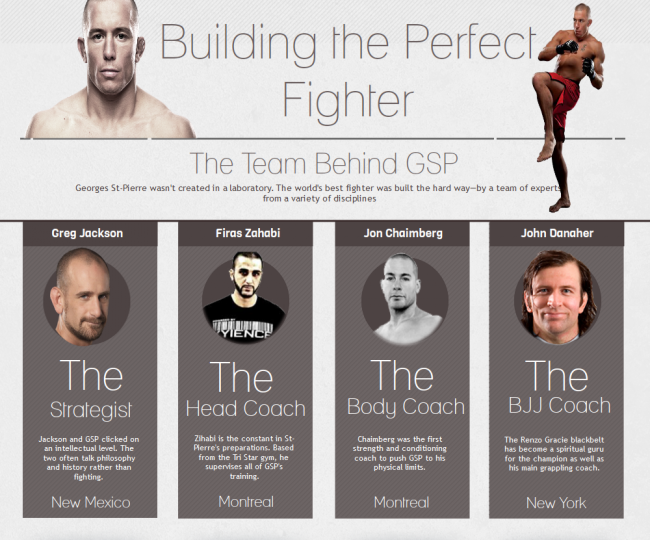 Outside consulting and analysis is essentially allowing another set of eyes to examine a problem or obstacle. In the case of combat sports, this would be defined as an opponent. Getting an individual or group of individuals to research said opponent in hope of finding something that a fighter’s camp may have overlooked or missed would provide an independent perspective that could support or go against the thoughts of coaches/camps regarding lines of attack, countermeasures, and alternative routes to victory. The value of this is self-explanatory. An educated source of information would be provided on behalf of the fighter to assist the coaching staff and the game plan they have laid out for a fighter to follow.
Outside consulting and analysis is essentially allowing another set of eyes to examine a problem or obstacle. In the case of combat sports, this would be defined as an opponent. Getting an individual or group of individuals to research said opponent in hope of finding something that a fighter’s camp may have overlooked or missed would provide an independent perspective that could support or go against the thoughts of coaches/camps regarding lines of attack, countermeasures, and alternative routes to victory. The value of this is self-explanatory. An educated source of information would be provided on behalf of the fighter to assist the coaching staff and the game plan they have laid out for a fighter to follow.
Regardless of the experience of the coaching staff, the number of champions, contenders, prospects, and journeymen they have produced individually or as a whole, a coach doesn’t always know best, nor does he or she see every angle needed to properly assess and counter every threat. All coaches, even the forward thinking ones, have a system, a philosophy or structure in how they approach things, how they figure them out, and how they solve them. I am not saying that this is bad, as it’s often part of becoming a consistent and efficient coach or camp that produces high value athletes. But the same thing that inspires, develops, and refines greatness can also be the very thing that can limit how great your program and the athletes in it can or will be because of your method or way.
 Regardless of how good your approach is, once you have one, you develop a sort of predictability; you provide opposing coaches and fighters a legitimate starting point in how they assess, act and react to you. The voice of an outsider, one that you may respect, but is in no way married to your way of doing things, allows you to think outside of the box by leaning on the point of view provided by someone who is looking to win period, not in a certain manner or using a certain process.
Regardless of how good your approach is, once you have one, you develop a sort of predictability; you provide opposing coaches and fighters a legitimate starting point in how they assess, act and react to you. The voice of an outsider, one that you may respect, but is in no way married to your way of doing things, allows you to think outside of the box by leaning on the point of view provided by someone who is looking to win period, not in a certain manner or using a certain process.
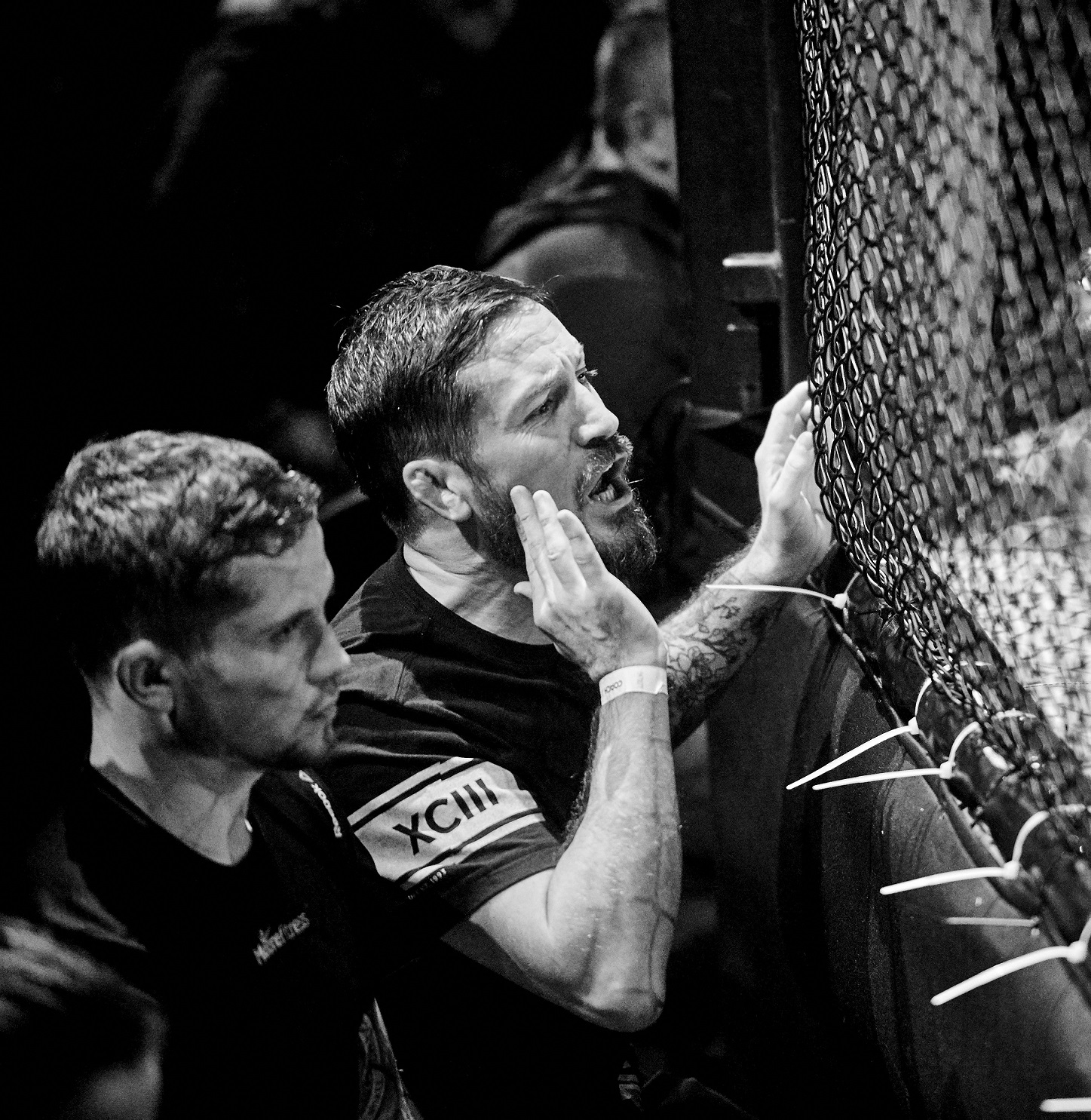
The most beneficial reason for having outside analysts and consultants is simple: information. No coach or fighter has enough time to specifically and intelligently go over every potential opponent, especially when you have short notice guys being brought in when a name fighter or familiar fighter falls out due to injury, being placed on another card, or contract disputes. And that’s not accounting for having a gym full of pro and amateur fighters who are fighting regularly. How do you possibly have dependable intelligence on all these fighters in all these divisions? Easy, you don’t. You can’t. It’s impossible. Too many times a fighter and a camp has to fall back on all the non-specific training and techniques that make you better as a whole, but don’t prepare you for the very specific problems presented by the opponent your guy will be facing. Undefeated records, win streaks, rankings, title shots, and physical health have routinely been compromised because a fighter, or better yet his/her coaches, didn’t know who they were dealing with or what an opponent could do.
Having an individual or group of individuals who watch tape, research fighters, and understand the sport is invaluable because you have resources to turn to that can give you the information that can make sure you at least have an idea of what to look for. Not because your coaches aren’t good, but because they can’t cover any and every possible opponent, especially in short notice fights or tournaments. An excellent example of this was last year’s Rizin Grand Prix Tournament, won by “King” Mo Lawal. (If you listen closely you may hear a familiar name around the 3:10-3:15 mark. Hint: he wrote this article.)
Consultants and analysts are outside sources of information used to provide perspective and information that a coach or camp may not have immediate access to. This information can help contribute to a fighter’s success when dealing with a specific opponent, when having to deal with a short notice change in opposition, or worse yet, a fighter who is an unknown quantity on the big stage in MMA. As Greg Jackson said in Countdown: Penn vs. Rodriguez, “It’s all about innovation, getting as much information from as many good people as possible; the more you can pull in, the stronger you will be.”
In the second part of this article, we will discuss the obstacles that keep outside consultation and analysis from being a regular part of the sport of mixed martial arts, here’s a hint: it starts with the letter “M” and almost every name fighter is looking for more of it.
Click HERE for other BJB Breakdown articles.


